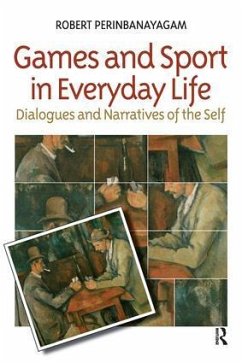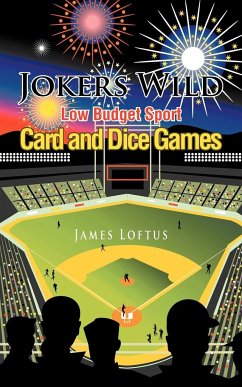"This is a powerful, richly nuanced, evocative work; a stunning and brilliantly innovative pedagogical intervention. It provides ground zero-the starting place for the next generation of theorists who study the self, narrative theory, and the place of games and sport in everyday life. A stunning accomplishment by one of America's major social theorists." Norman K. Denzin, University of Illinois at Urbana-Champaign Games of many kinds have been played in all cultures throughout human history. This wide-ranging book explores the social and psychological processes involved in the playing of games. One player (or team) seeks to outwit another by undertaking various physical and communicative moves-not unlike conversations. Games have well-formed "narrative" structures, analogous to myths, that are enacted by each participant to give play to his/her self and its attendant emotions. These plays of the self enable each agent to seek adventures and heroic moments. Going beyond the mythmaking and catharsis that may be achieved by individuals, the author shows how games have been devised and played in particular societies and eras as means of promoting specific ideologies of a society, even social ideals such as utopias.
Bitte wählen Sie Ihr Anliegen aus.
Rechnungen
Retourenschein anfordern
Bestellstatus
Storno








